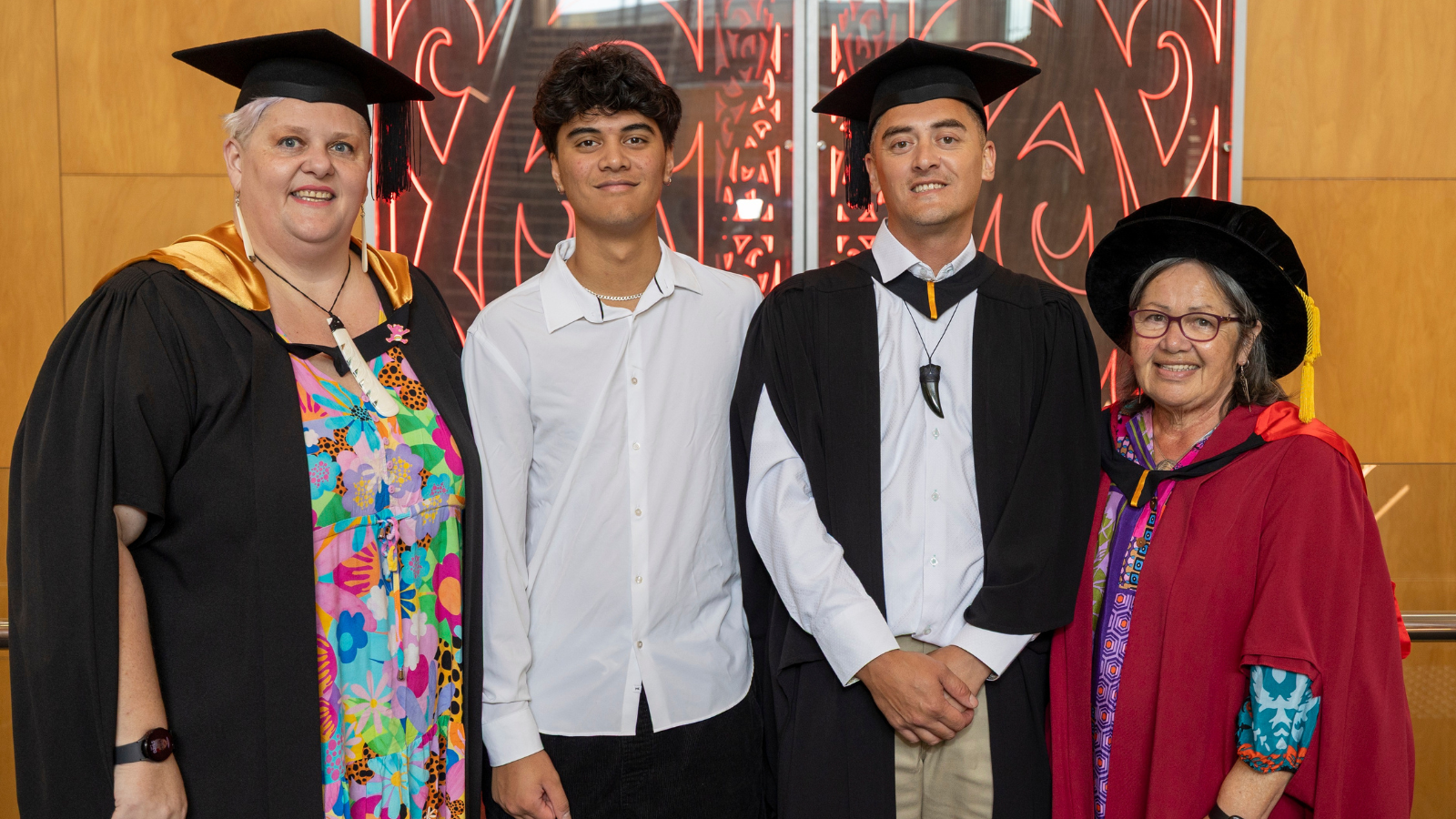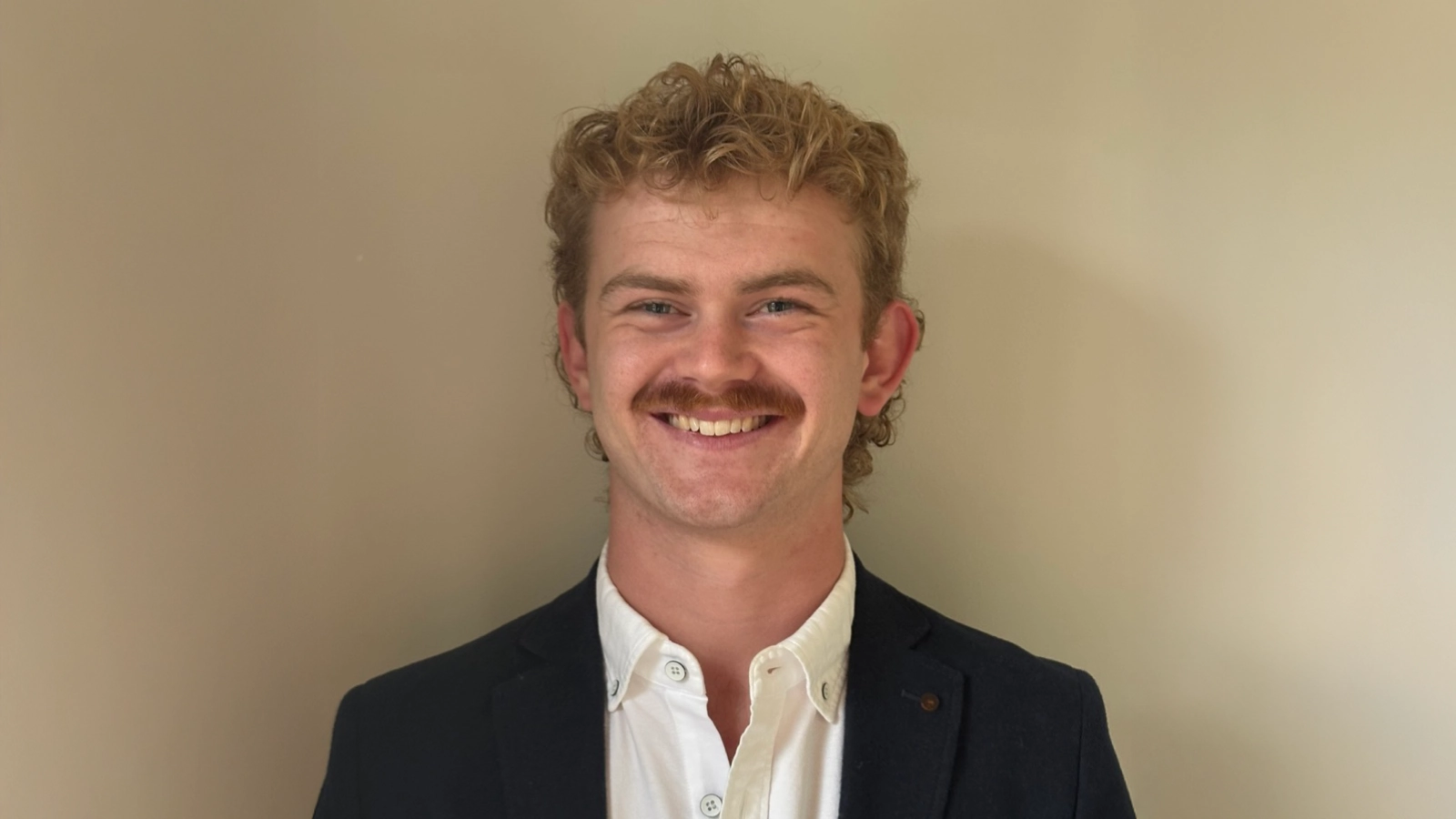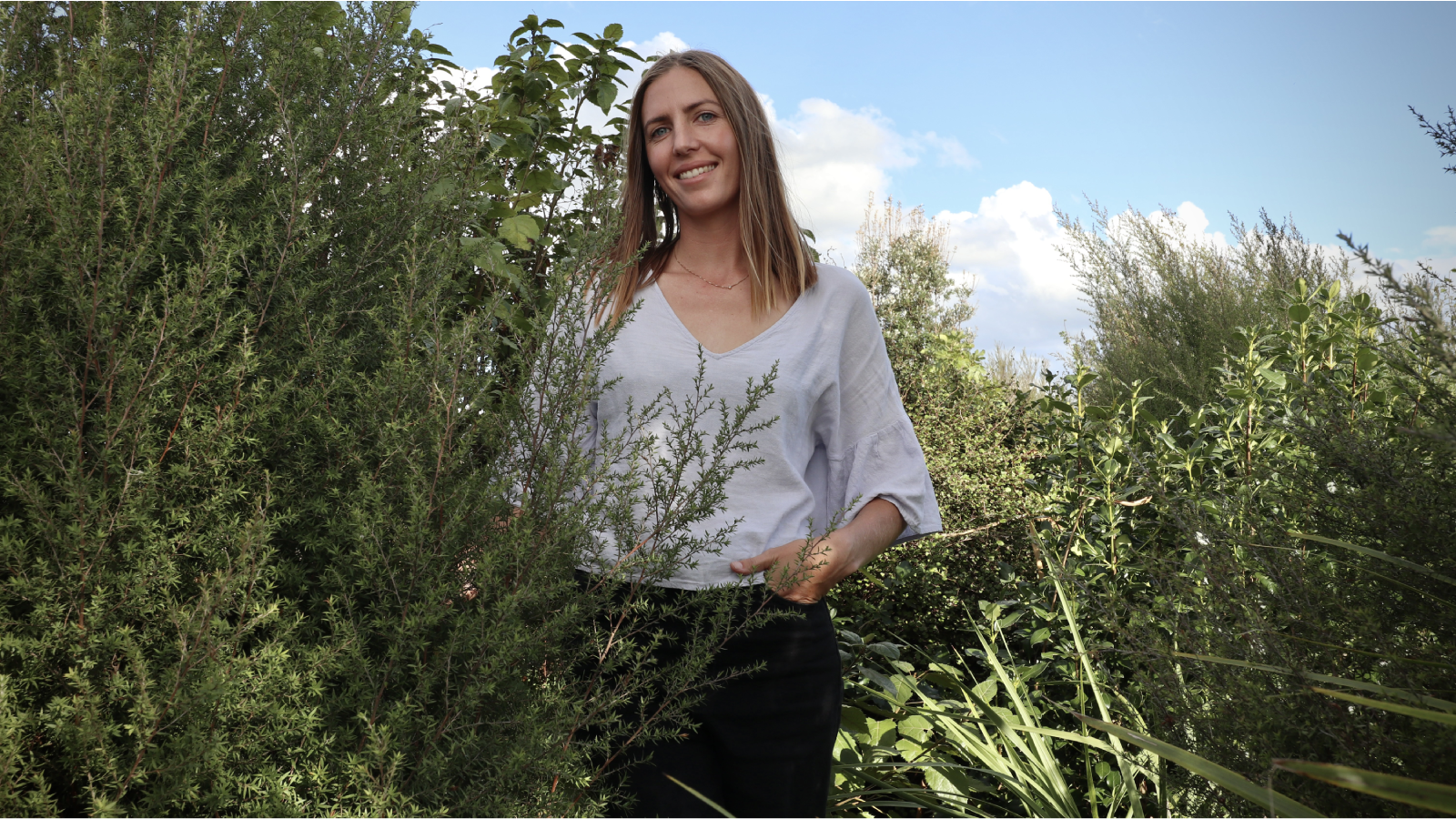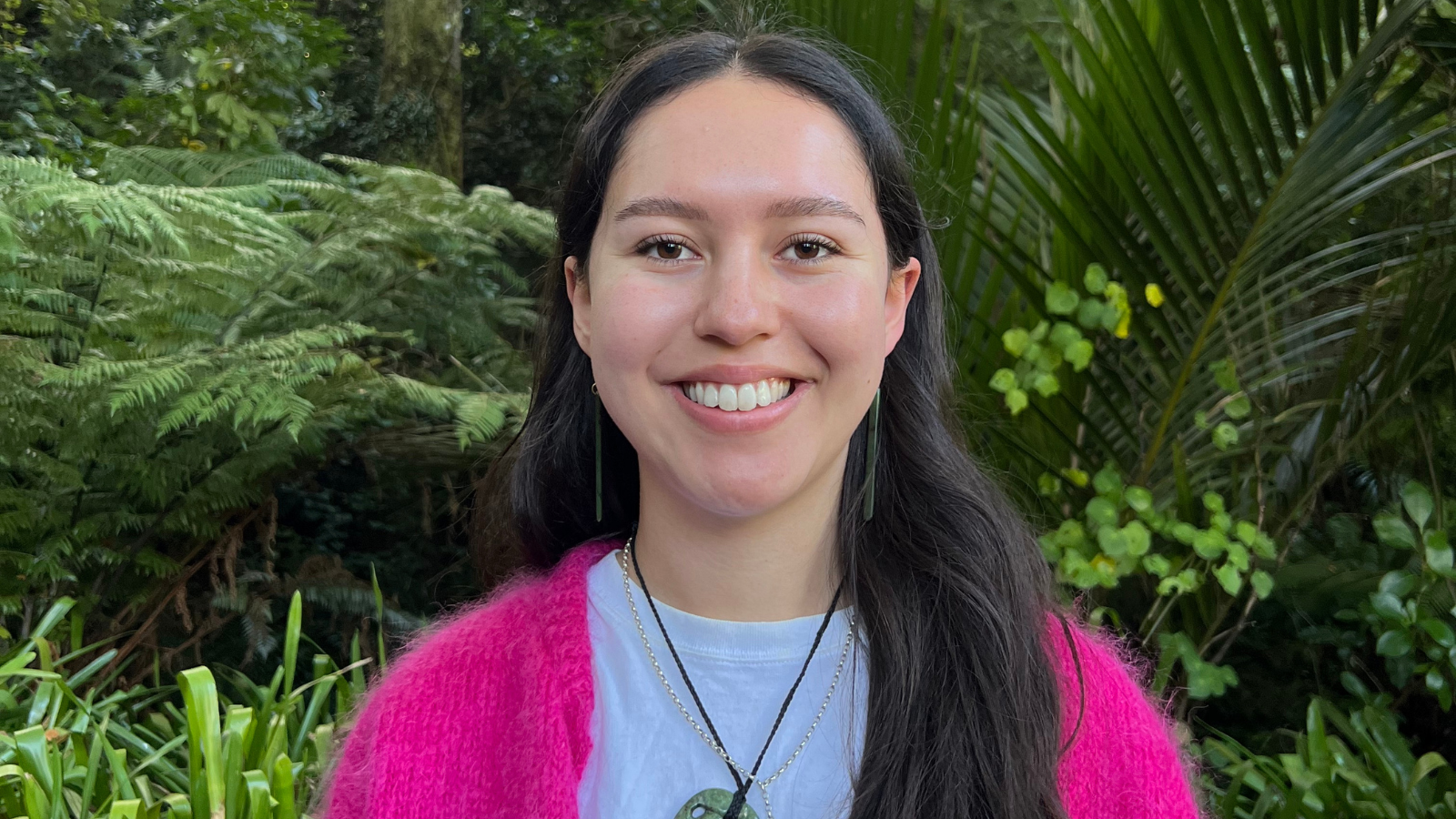Professor Craig Cary has travelled to volcanic vents at the bottom of the ocean and to Antarctic dry valleys in his life-long quest to research how some of the smallest living organisms - bacteria - work.

Professor Craig Cary
His passion for flagellum - the molecular motor that bacteria use to propel themselves around - has seen Professor Cary and a team of international scientists from the United Kingdom, France and Germany awarded a prestigious $1.8 million (US$1.3 million) Human Frontier Science Program (HFSP) research grant.
The programme funds cutting-edge, risky projects which take an innovative, interdisciplinary approach to problems in fundamental biology.
Collaboration is at the heart of the research: the HFSP grant is the only programme that supports multidisciplinary teams of scientists with laboratories in different countries to work together.
The grant will provide three years of financial support to the four-person team, which also includes scientists Dr Georg Hochberg (MPI Marburg, Germany – lead Principal Investigator), Dr Morgan Beeby (Imperial College London, UK) and Dr Francesco Pedaci (CNRS Montpellier, France).
Craig is a professor in environmental genetics in the School of Science at University of Waikato, where he has worked since 2004, and is director of its Thermophile Research Unit (TRU).
“This is blue sky research, as blue as it gets,” he says. “And it brings together four passionate researchers from different disciplines who have never collaborated before.”
The grant will enable the group to study how a particular group of bacteria - epsilon proteobacteria - have evolved an unusually powerful flagellum and, in the process, acquired new motor components.
“The flagellum is one of the marvels of cellular biochemistry,” says Professor Cary. “It’s one of the most interesting, complex and most poorly understood mechanisms that bacteria use, from an evolutionary viewpoint.”
The team will work together to understand how this tiny molecular machine evolved. They will search existing international genetic databases to find bacteria that contain living fossils of the flagellum, and travel to isolated and extreme environments around the globe to culture them.
Professor Cary says the research is “very high risk” but could open up countless opportunities, in the same way that basic science around genome sequencing and the creation of Covid-19 vaccines did.
“This is about building a credible foundation to help tackle the big problems when they come.”
Each of the four investigators will hire a postdoctoral researcher to work with them on the project, who will rotate for at least two months in each international laboratory.
Professor Vic Arcus, past chair of the HFSP Science Review panel and professor of molecular and cellular biology at the University of Waikato, says the award is a coup for New Zealand science.
“It’s one of the most prestigious international grants you can get,” he says.
The grant was among 28 international collaborative research grants announced from 709 applicants from more than 50 different countries. They were given for a broad range of projects under the umbrella theme “complex mechanisms of living organisms”.
Since the programme began in 1989, 28 HFSP awardees have gone on to win a Nobel Prize. Winners of the grant are those pushing the envelope in the field of biological science - the explorers, the risk takers.
“You are pitching your most innovative ideas, at the edge of what is possible, and that is what the award is designed to fund,” says Professor Arcus.
“The award underscores the strength of research and science at the University of Waikato.
“I would say that Waikato, because of its size and the quality of its staff, is the natural home for interdisciplinary, collaborative research. This is one thing that the Human Frontier Science Program recognises, that really ground-breaking ideas are often found between the disciplines.”



